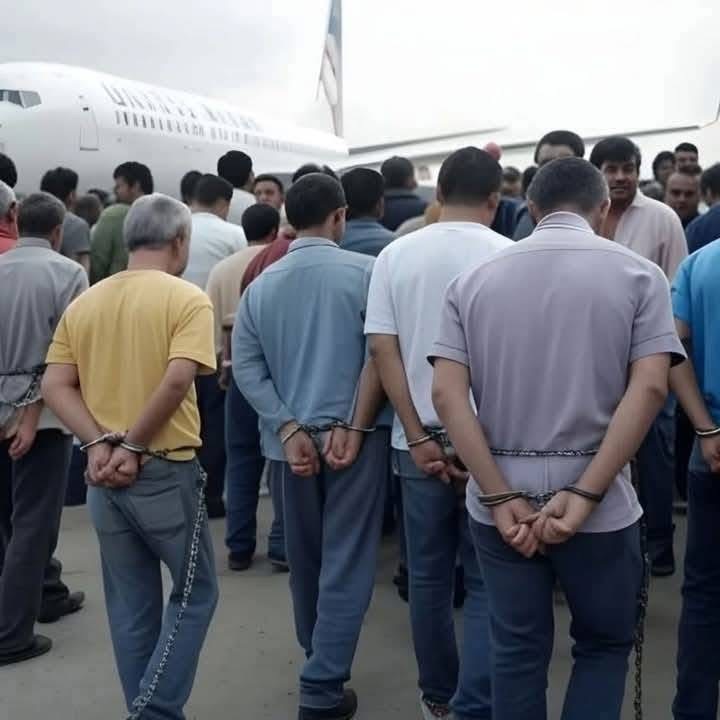Over 2 million undocumented immigrants left the U.S. in 2025 including 306 Nepali citizens
NEW YORK -In 2025, more than 2 million undocumented immigrants left the United States. This includes people who were deported by the government and those who chose to leave on their own. The Department of Homeland Security (DHS) shared these numbers in a recent report.


About 1.6 million people decided to leave the country without being forced. This is called “self-deportation.” Many joined a new program that gives $1,000 and a free plane ticket to anyone who registers and leaves voluntarily. The government says this helps reduce the number of arrests and saves money.
In addition to those who left on their own, more than 527,000 people were officially deported by immigration officers. These deportations were done through Immigration and Customs Enforcement (ICE). DHS says the number could reach 600,000 by the end of the year.
Among those deported were 306 Nepali citizens. Most of them were sent back to Nepal between January and October. Many came from western parts of Nepal, including Dang, Rukum East, and Rukum West. They were flown back to Kathmandu, where immigration officials received them.

These actions are part of new immigration rules under President Donald Trump. The government is using ads, social media, and public warnings to tell undocumented immigrants to leave. Some ads say people could be arrested if they stay. Others offer money and travel support for those who choose to go.
Experts say the self-deportation numbers are only estimates. It’s hard to know exactly how many people left, and some may return later. Researchers say more time is needed to understand the full impact of these policies.
Community leaders and human rights groups are concerned. They say families are being separated and many workers are missing from jobs in farming, cleaning, and caregiving. Some people are asking for kinder and fairer treatment for immigrants. Others say the country needs stronger borders and better laws.
The debate continues across the country. Some support the government’s actions, while others want changes that protect families and workers. As the year ends, the future of immigration policy remains uncertain.

